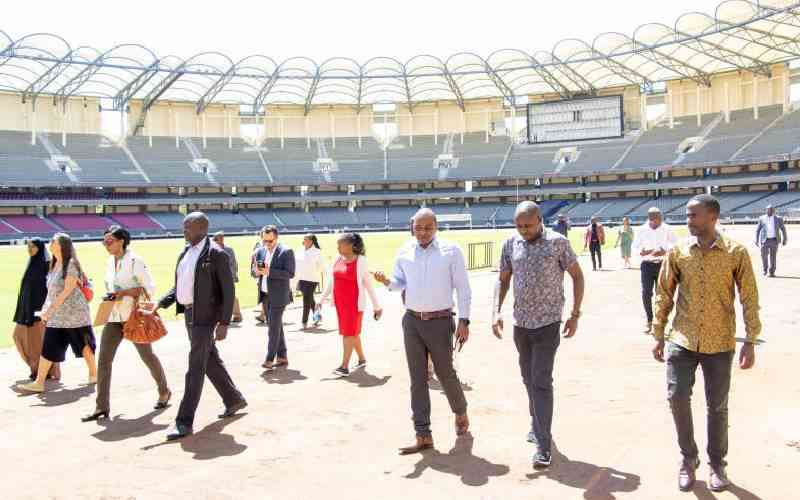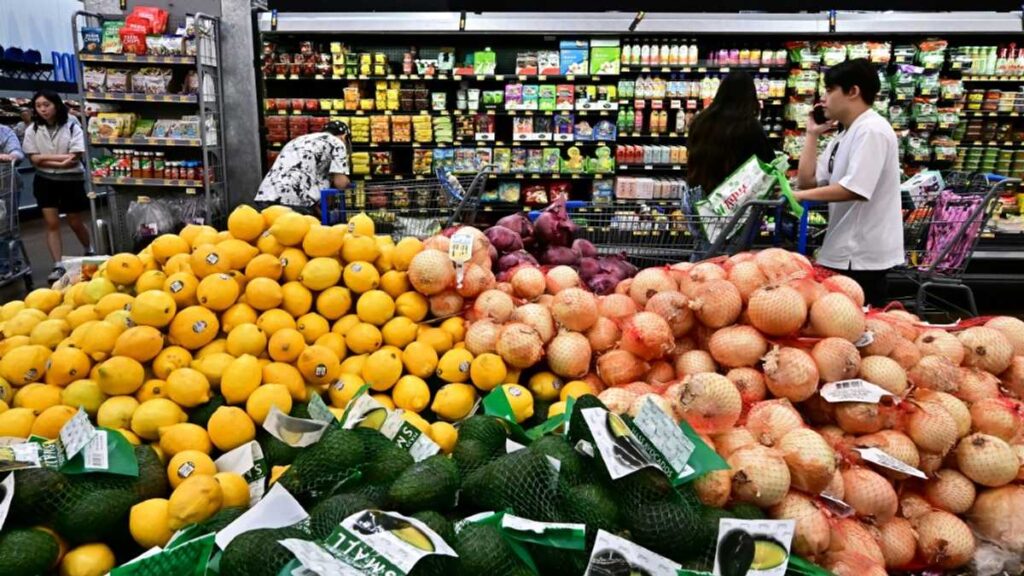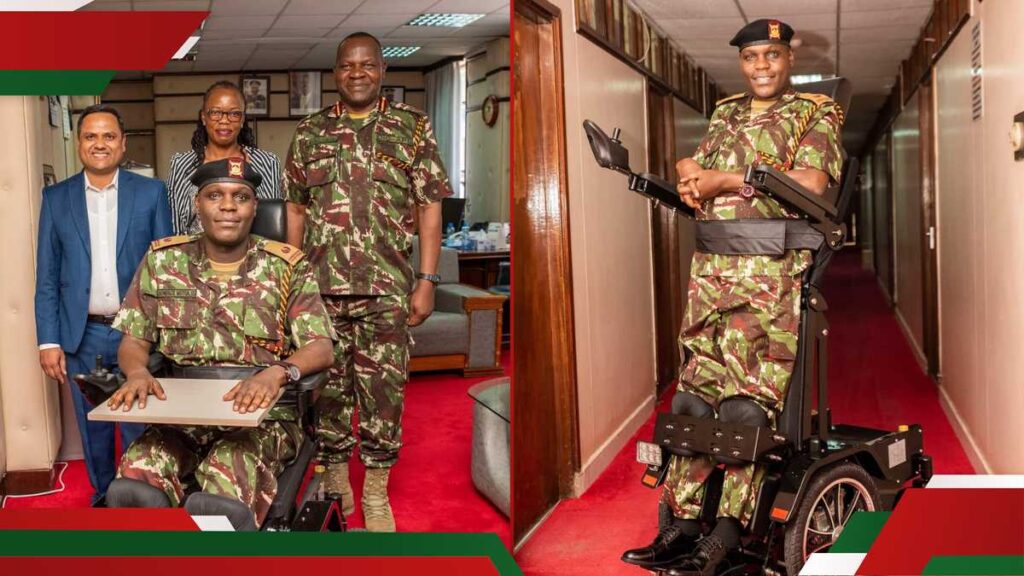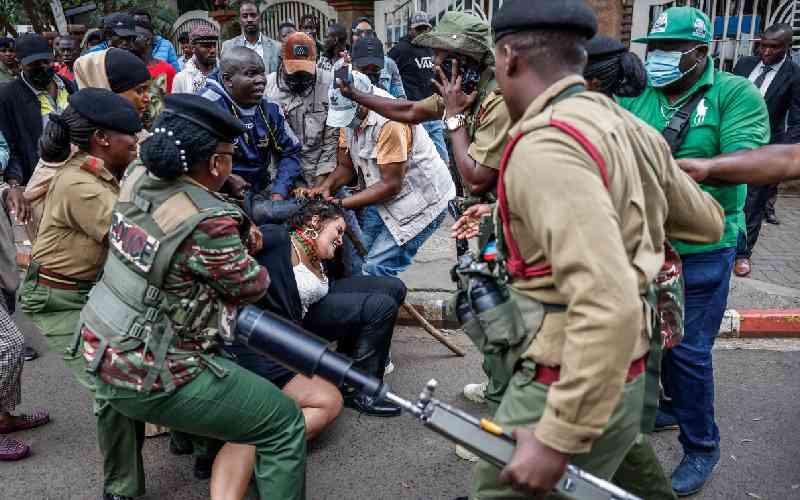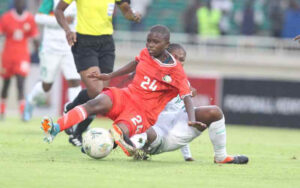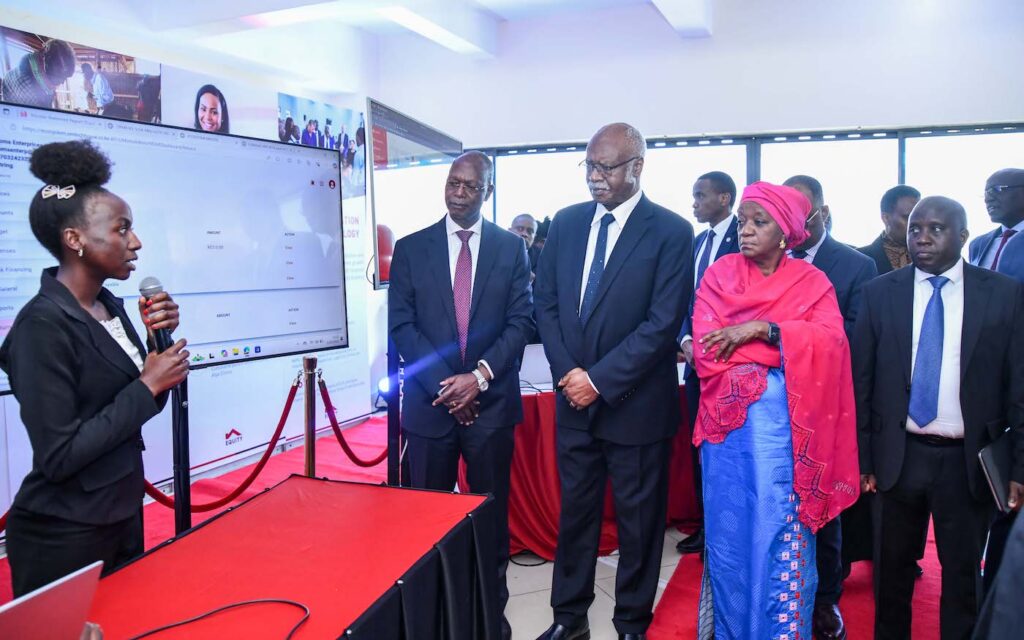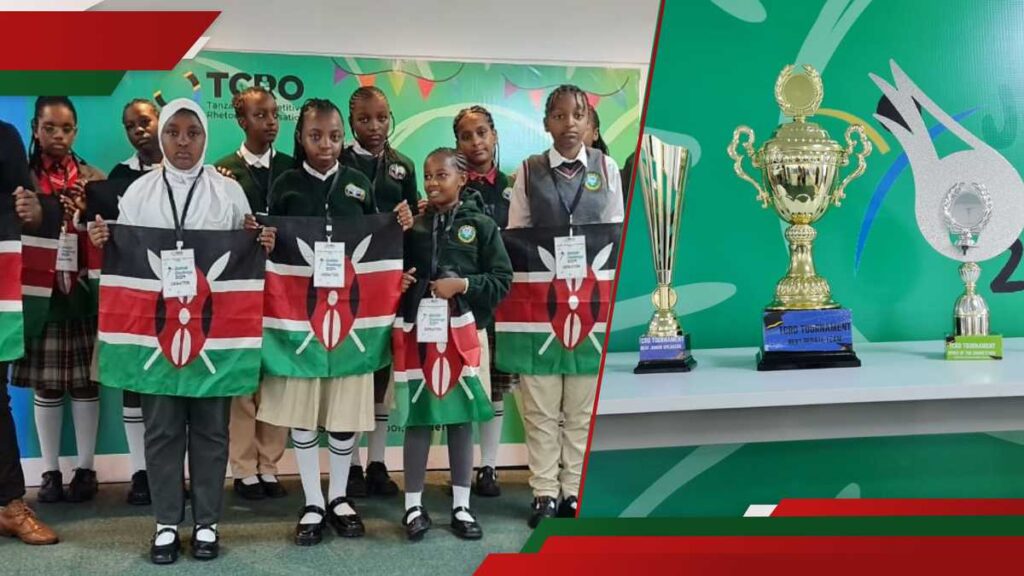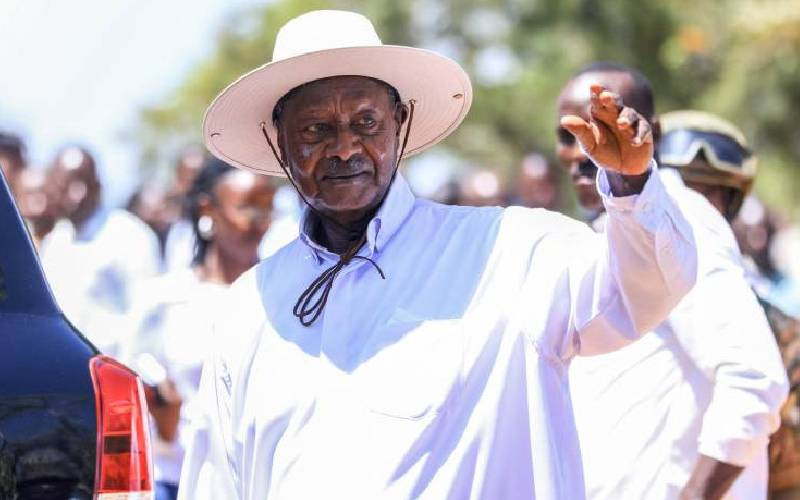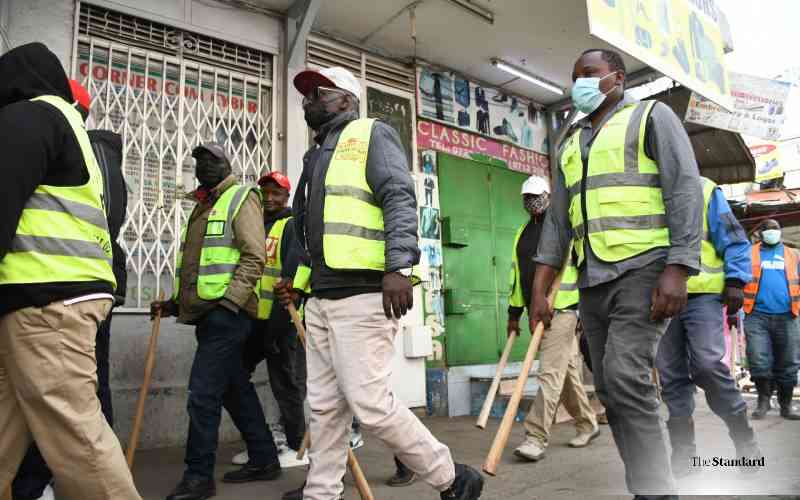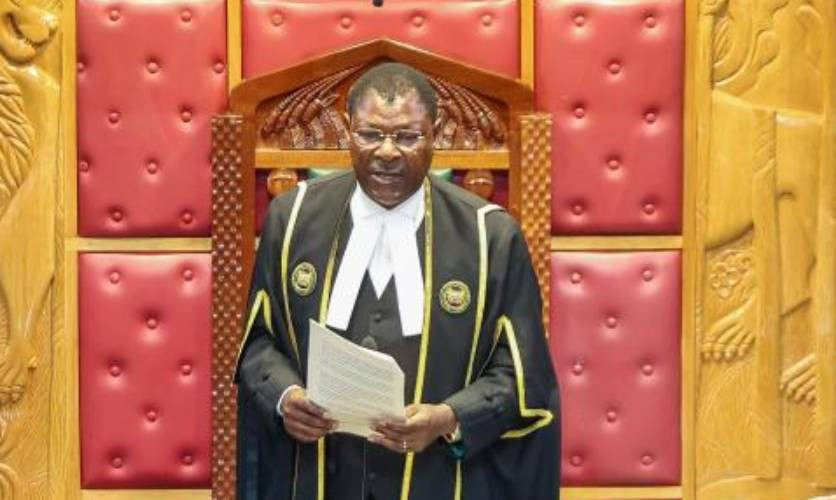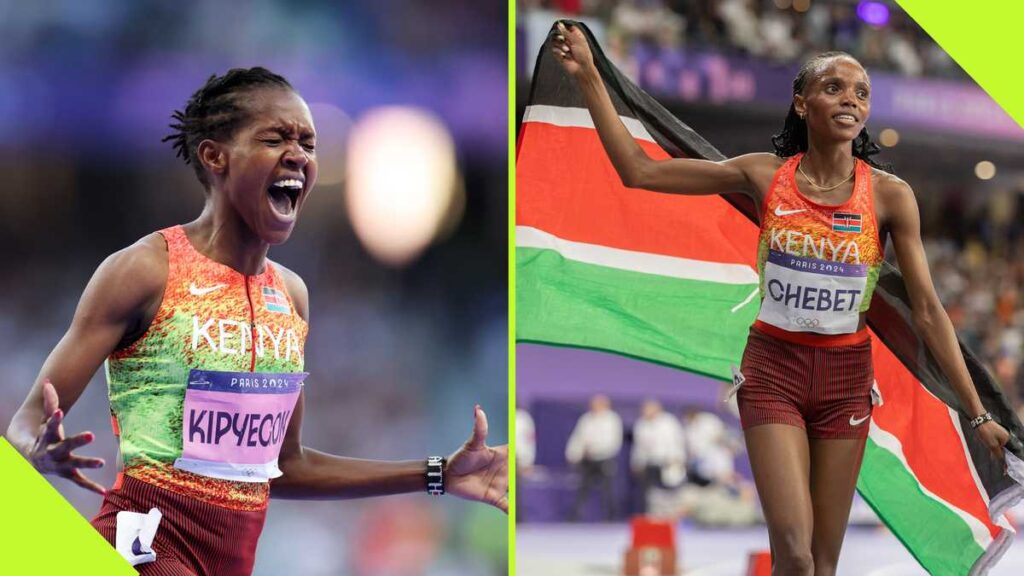The awarding of the 2027 Africa Cup of Nations (Afcon) to a joint bid by Kenya, Tanzania and Uganda has triggered a flurry of activities across the three host nations.
From infrastructure upgrades to complex logistics, its race against time as the continental contest returns to East Africa in almost 40 years.
Beyond stadium renovations and meticulous transport planning, Kenya has this week turned its attention to nuclear security in the countdown to the 36th edition of the biennial tournament to be held in three countries for the first time.
A delegation from the International Atomic Energy Agency (IAEA) was in Nairobi for five days, from April 15 up to the weekend, to evaluate Kenya’s readiness to counter nuclear and radiological threats during the games.
The visit included multi-agency workshops and strategy meetings with key stakeholders such as the Ministry of Interior, Sports Kenya and the Kenya Nuclear Regulatory Authority (KNRA).
The IAEA experts led by Beth Kaboro toured major Afcon venue candidates, including the Nyayo National Stadium (25,000 seats) and the Moi International Sports Complex in Kasarani, which can accommodate up to 60,000 spectators.
Notably, Kenya will co-host the African Nations Championship (Chan) this August in what the Sports official say will be a crucial trial run for the larger Afcon tournament. As part of its broader national security agenda, KNRA has launched a comprehensive nuclear security programme aimed at protecting major public events. The goal is full operational readiness by Jamhuri Day on December 12, 2026 just months before kickoff.
“Large-scale gatherings like sports tournaments are potential targets. Our strategy is to embed nuclear security into the overall national security framework,” KNRA Director General James Keter told reporters in Nairobi at the start of the engagements last Tuesday.
Nuclear security risks cited by experts include the intentional release of radioactive materials in crowded areas or the covert placement of nuclear substances to instill fear or cause harm. The IAEA has pledged support, including training, equipment, and workshops to boost preparedness.

The IAEA team’s visit also offered valuable lessons, drawing from global experiences such as the 2024 World Cup in Brazil and the latest Afcon in Ivory Coast. Lessons were also drawn from Uganda and Jordan in the hosting of major public events.
KNRA’s Director of Nuclear Security, Isaac Mundia, called for the aligning of nuclear protocols with broader national security goals. “This is not just about sports—it’s about ensuring public safety at every level,” he said.
Nicholas Musonye, who chairs the Local Organising Committee (LOC) for Chan and Afcon, said preparations are fully on course. “We’re refining our security policy and actively collaborating with KNRA and other stakeholders,” he said during discussions at Talanta House, Nairobi.
Evans Achoki, the Secretary of Administration at the State Department of Sports, called for collaboration among relevant agencies to ensure the region delivers the continental tournament.
Each host country is expected to provide three stadiums, totaling nine venues. Kenya’s games will take place in Nairobi, Eldoret, and Kakamega. Uganda will host in Kampala, Lira and Hoima, while Tanzania’s venues include Dar es Salaam, Arusha, Dodoma and Zanzibar.
Stay informed. Subscribe to our newsletter








